As part of a USAID funded project, Appropriate-Scale Mechanization Consortium (ASMC), the Dakar American University of Science & Technology (DAUST) has partnered with ISRA to setup a West Africa region innovation hub in Senegal with a goal of scaling agriculture mechanization technologies to reach 5000 farmers or 5000 ha of land in the region and to create an ecosystem of innovation so that technological innovation can be scaled.
The ASMC, led by a consortium of universities including the University of Illinois at Urbana-Champaign, Michigan State University, Kansas State University, and North Carolina A&T University; introduces mechanized technologies that are technically, environmentally, and economically appropriate for use by smallholder farmers. Such technologies sustainably reduce poverty among smallholder by contributing to enhanced labor and increased land productivity.
In partnership with CleBer/Oggun, the Dakar American University of Science & Technology designed and built a two-wheel tractor to meet the need of needs of small farm hold farmers; this includes tractor for field work and farm-to-market vehicle. The goal is to build a product that uses only off the shelf parts so that it can be manufactured and serviced in all countries. The design of our tractor is based on Open Systems and Platform Architecture. This allows for the development of a range of products that are scalable for which parts are always available. The tractor uses a 11hp engine with two independent hydraulic motors connected to tandem hydraulic pump.
Our tractor is designed to serve all of the functions the farmer needs. The goal is to build a product that uses only off the shelf parts so that it can be manufactured and services in all countries. The current design specifications of our tractor are as follow:
- Built using only off the shelf parts
- Only contain features that 100% of farmers need (Everything else is optional)
- Ability to attach implements front and rear
- Precision implements on the rear
- Powered and other implements on the front
- Wheel motors forward and reverse controlled independently from each handlebar.
- Handlebars that can be rotated 180 degrees
- Hydraulic power for all implements that require power
- Provide for multi-row operation, adjustable wheel width and adjustable height
- Hydraulic zero turn concept
- Road speed up to 15MPH
- Does not include anything that is required by country regulation. Those will be added by each county.
DAUST will work with ISRA to develop and build Implements for conservation tillage. The West Africa Regional Hub will also collaborate with entities such as CORAF and iREACH and other projects to position the hub to address the mechanization needs of Senegal and other West African countries.
Be A Daustian



